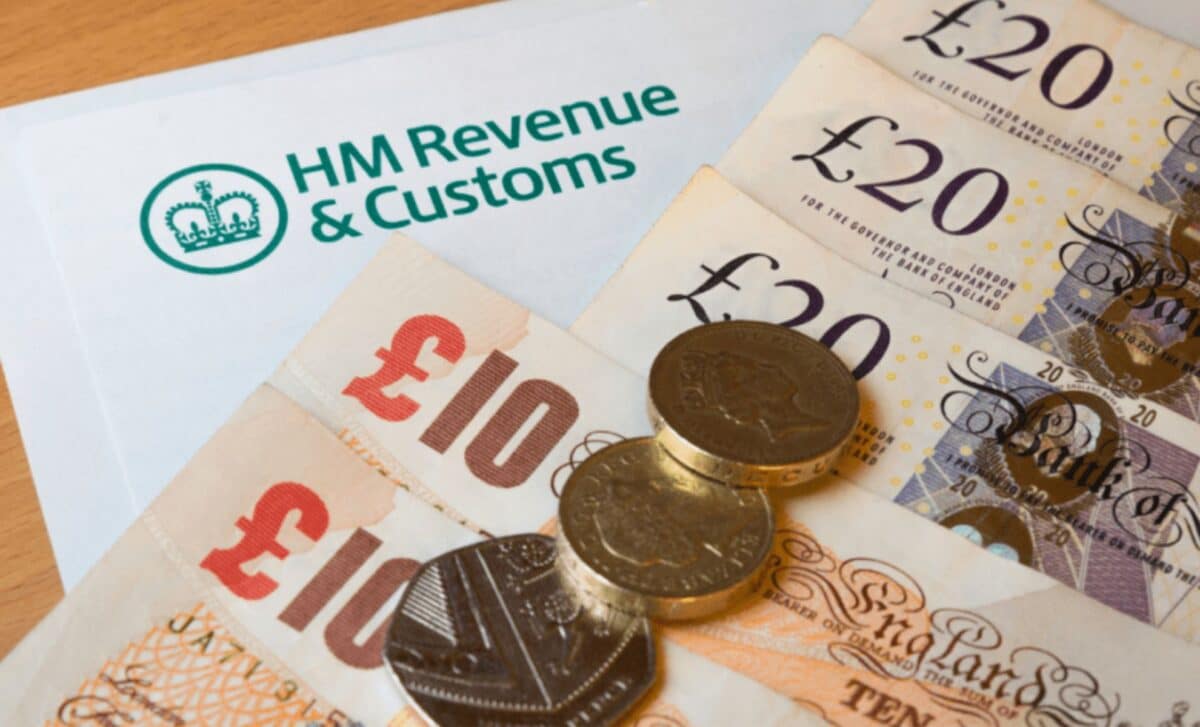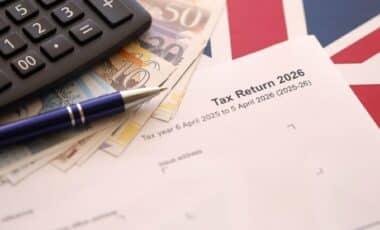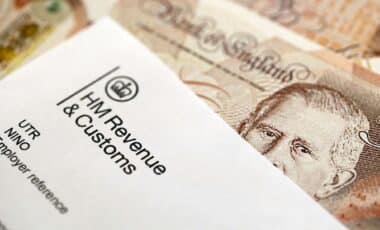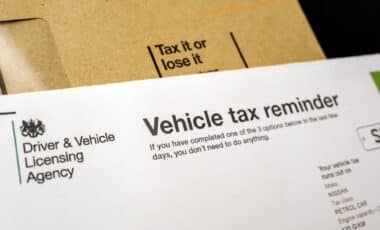Millions of UK taxpayers are set to receive unexpected refunds as HMRC begins issuing overpaid tax repayments, with the average payout standing at £943 per person. A Freedom of Information (FOI) request by The Sun revealed that HMRC refunded a staggering £8.3 billion in overpaid tax during the 2022/23 financial year alone.
For many taxpayers, these refunds come as a welcome financial boost, particularly amid the ongoing cost-of-living crisis. However, while some refunds are issued automatically, others require individuals to actively claim their money back. With the self-assessment deadline on January 31, now is the time to check your tax records and ensure you don’t leave money unclaimed.
Why So Many People Overpay Tax
Overpaying tax is more common than many realise, often due to errors in tax codes, changes in employment, or pension contributions. According to consumer rights expert Martyn James, one of the biggest challenges is that HMRC itself does not have a clear record of exactly how many people have overpaid.
“The fact that HMRC can’t say definitively how many people have overpaid tax tells you all you need to know about the complexity of the current tax regime.”
Many taxpayers don’t realise they have overpaid until they receive a P800 tax calculation letter, which details whether a refund is due. However, for those who have changed jobs, been placed on emergency tax codes, or had multiple sources of income, identifying and claiming refunds can be a frustrating and lengthy process.
How to Check If You Are Owed Money
If you suspect you might have overpaid tax, there are a few ways to confirm your eligibility for a refund:
- Check Your Tax Code – Incorrect tax codes are one of the most common reasons for overpaid tax. If you’ve recently changed jobs, started receiving a pension, or had employment gaps, your tax code may need updating.
- Look for a P800 Letter – HMRC sends these out to taxpayers who have overpaid, detailing the refund amount and how to claim it.
- Log Into Your HMRC Account – You can check your tax records and refund status by visiting the HMRC online portal.
- Review Your Self-Assessment Tax Return – If you file a self-assessment tax return, review previous payments to see if an overpayment has occurred.
How to Claim Your £943 Refund
If you are owed a refund, the process for claiming it is relatively simple, but it’s important to avoid third-party services that charge a fee for tax refund assistance. Martyn James warns against using businesses that promise to recover tax refunds on your behalf, stating:
“Don’t use those businesses that charge a fee to find your tax refunds. In practice, they don’t have a back door to a secret, efficient service. It’s exactly the same process we all face.”
Steps to Claim Your HMRC Refund:
- Check your P800 letter – If you receive one, follow the instructions to claim online.
- Use the HMRC online bank transfer service – You will need your P800 reference number or National Insurance number to process the refund.
- Request a cheque online – If you prefer a cheque instead of a bank transfer, this option is available through HMRC’s website.
- Wait for automatic payments – In some cases, HMRC will process refunds automatically, but delays are possible.
According to personal finance analyst Sarah Coles, the sooner you make a claim, the faster you will receive your refund.
“It’s a relatively straightforward process and this money is rightfully yours, so don’t hang about – make a claim as soon as you can.”
Common Mistakes That Could Delay Your Refund
Many taxpayers experience delays in receiving refunds due to errors in the application process. Some of the most common mistakes include:
- Failing to update personal details – If your address or banking details are outdated, your refund could be delayed.
- Ignoring P800 letters – Some taxpayers mistake these for general correspondence and fail to act on them.
- Using third-party tax refund companies – These businesses take a percentage of your refund, even though the process is free to complete through HMRC.
- Not checking previous tax years – If you’ve overpaid tax in previous years, you can claim refunds for up to four years.
What Happens If You Don’t Claim?
If you are owed a tax refund but fail to claim it, HMRC may hold onto the money indefinitely, or in some cases, it could eventually be absorbed into government funds. While certain overpayments are processed automatically, many taxpayers must take action themselves to ensure they receive what they are owed.
HMRC typically sends out P800 tax calculation letters to inform individuals of overpaid tax, but these can sometimes go unnoticed or misplaced. If you have moved house, changed jobs, or switched banks, there is a chance that important correspondence from HMRC may not have reached you. This can lead to long delays in receiving refunds—or worse, missing out entirely.
Additionally, tax refunds can only be claimed for the past four tax years. This means that if you were overtaxed several years ago and have yet to claim, the window to reclaim your money is closing fast. If you suspect you may be eligible for a refund, it is advisable to act quickly to prevent your entitlement from expiring.
In some cases, HMRC may eventually send an automatic cheque if a refund is due, but this is not guaranteed. If you do not receive a refund within the expected timeframe, you should proactively check your HMRC account, contact their helpline, or consult a tax professional to ensure your claim is processed.









